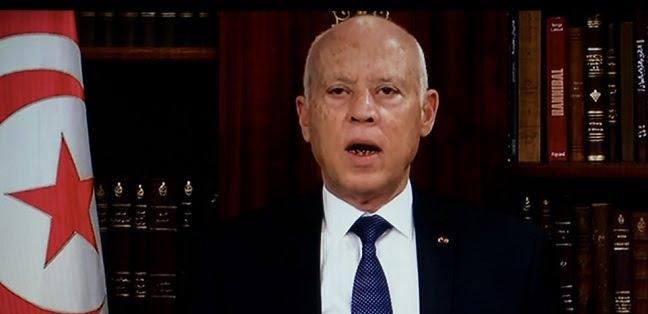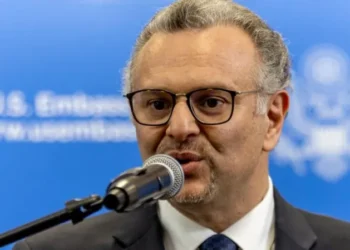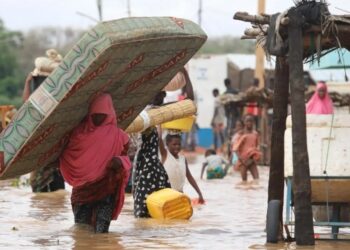By Enyichukwu Enemanna
A global human rights group, Human Rights Watch (HRW) has appealed to Tunisia to bring to a halt, the continuous expulsion of sub-Saharan African refugees and migrants in the country, calling for the provision of humanitarian services for those languishing along its border with Libya.
HRW’s call in a statement on Thursday came after hundreds of people were rounded up around the coastal city of Sfax and driven to Ben Guerdane, a militarised Tunisia-Libya border zone.
“Not only is it unconscionable to abuse people and abandon them in the desert, but collective expulsions violate international law,” said Lauren Seibert, refugee and migrant rights researcher at HRW.
At the Tunisian-Libyan border, people from African countries said they were being forced to drink seawater to survive, while Libyan border guards were refusing to let them in, an Al Jazeera report said.
Quoting a man, the report says, “We don’t have water. We don’t have food.”
Among the people who had been expelled were women and children as well as injured people, the report which says the condition is “dire” added.
The expulsions occurred after days of violence in the port city in which one Tunisian was killed. Locals have complained about the refugees’ behaviour while the refugees said they have been subjected to racist attacks.
The people expelled are from many African countries, including Cameroon, Chad, Guinea, Ivory Coast, Mali, Senegal and Sudan. Among them are 29 children and three pregnant women, HRW said.
The International Organization for Migration (IOM) in Libya said it was able to provide some emergency medical assistance to the refugees and migrants.
Wadih al-Asmar, president of EuroMed Rights, said the refugees were stuck in a “no-man’s land”.
Thousands of undocumented people have travelled to Sfax in recent months, hoping to get to Europe on boats run by human traffickers.
The growing crisis has put Tunisia under pressure to stop arrivals from Sfax as the European Union offers the country suffering through an economic crisis a prospective 1-billion-euro ($1.1bn) aid package.
However, President Kais Saied has said Tunisia would not be a border guard for Europe.
Tunisia has seen a rise in racially motivated attacks after a speech by Saied in February, in which he spoke of the “hordes of irregular migrants from sub-Saharan Africa” who come to Tunisia, bringing with them “violence, crime, and unacceptable practices”.



































